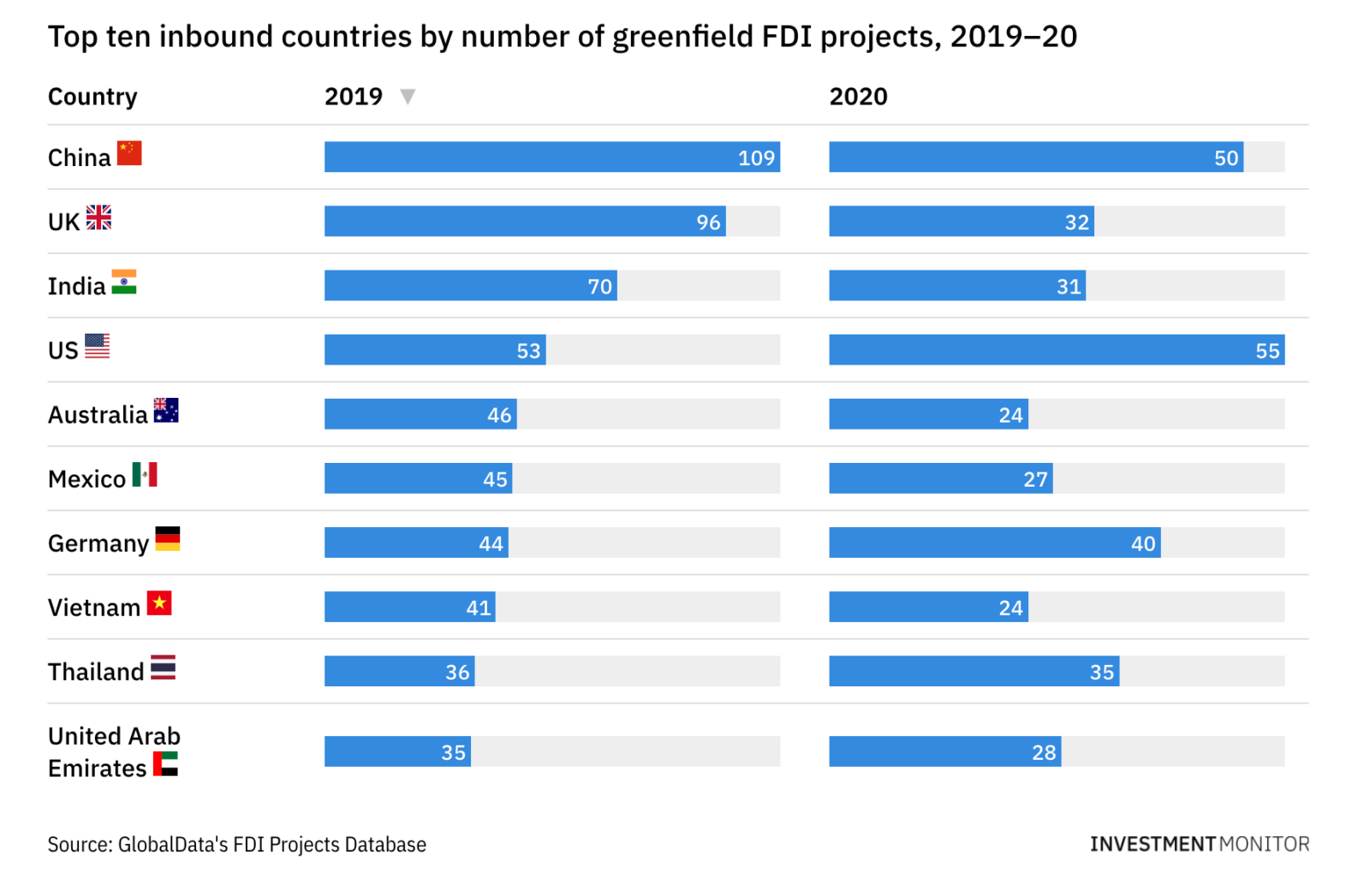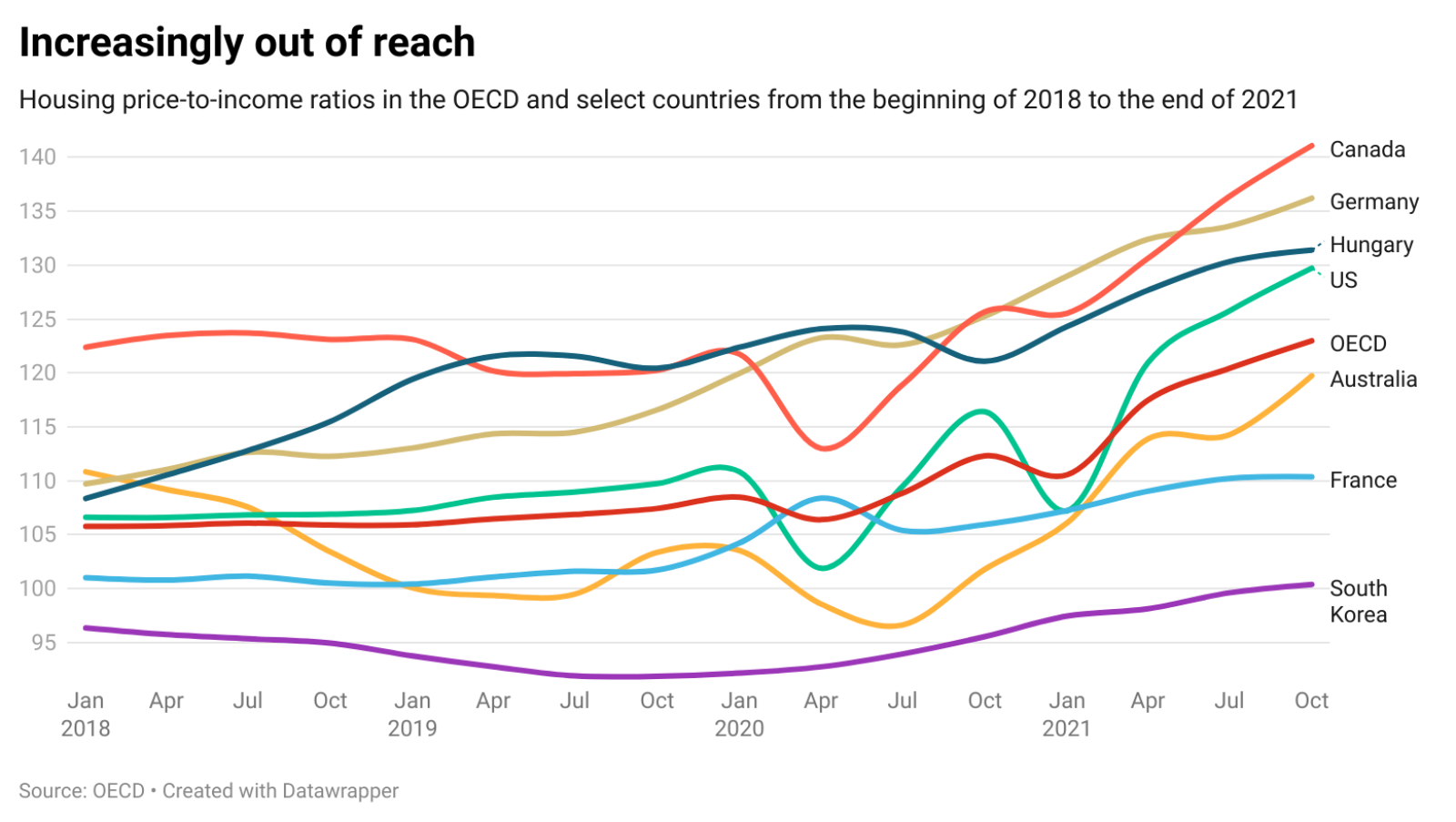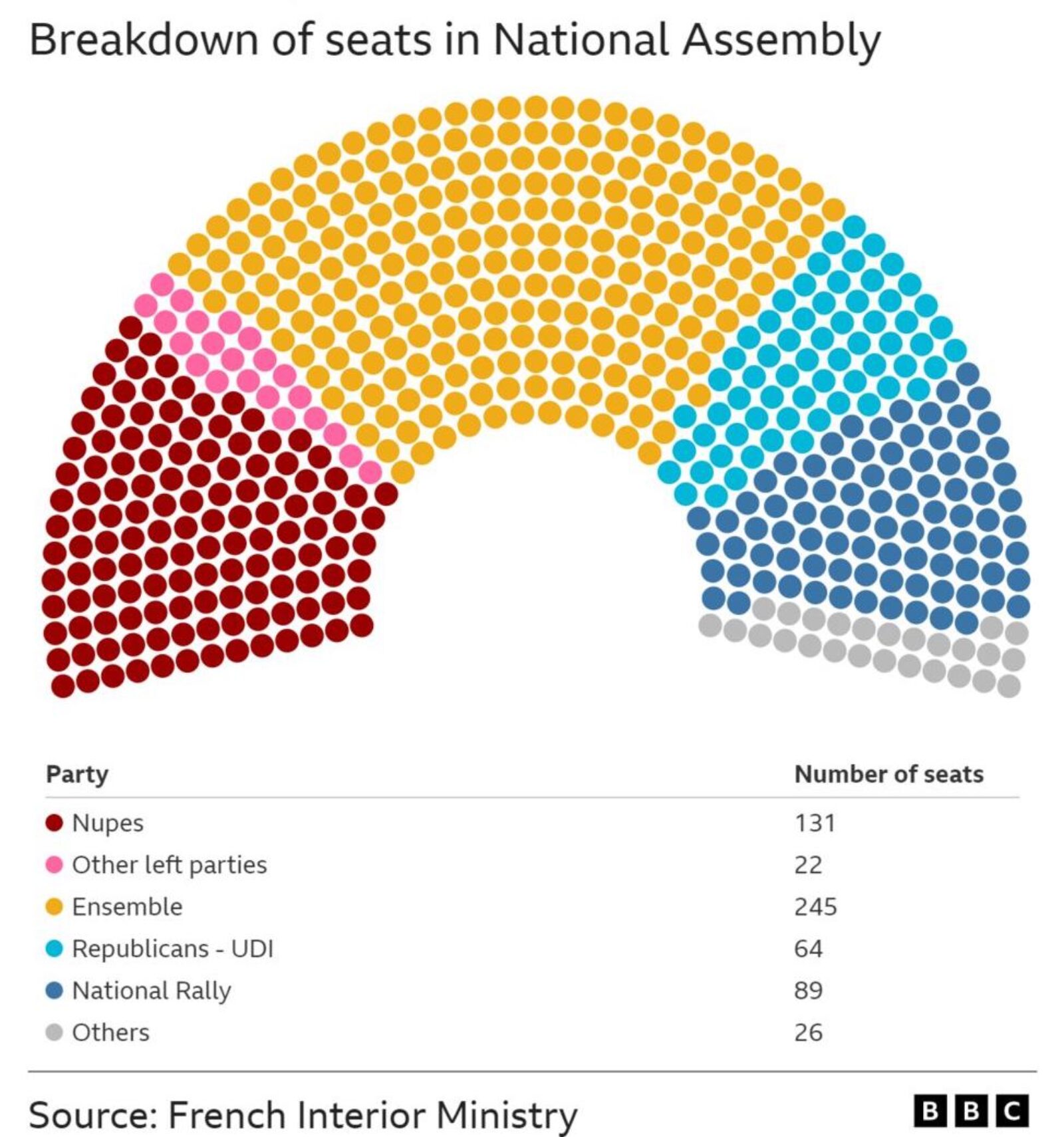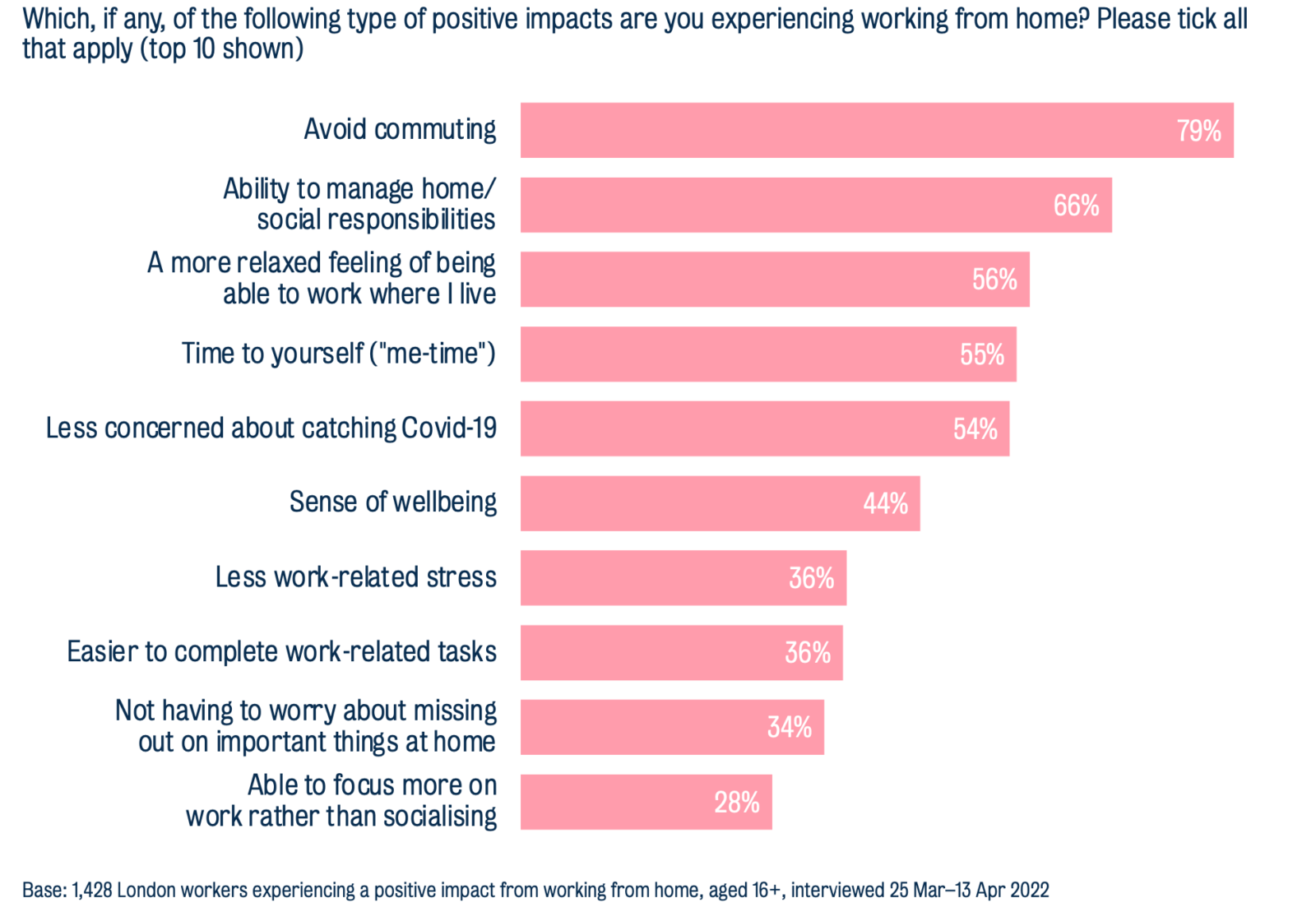1 in 5 People Will Live in Sub-Saharan Africa By 2030
The world’s population will grow to an estimated 10.9 billion by the end of the 21st century, with 8 out of 10 people projected to live in Asia or Africa, estimates Our World in Data. Five of the most populous countries are expected to be in Africa: Nigeria, the Democratic Republic of the Congo, Ethiopia, Tanzania and Egypt.
But the growth rate of the African population, particularly sub-Saharan Africa, is projected to accelerate more quickly than other regions. Due to factors like declining infant mortality rate and increased life expectancy, the population is forecast to triple from 1.3 billion to 4.3 billion by 2100. And by 2030, one in five people will live in sub-Saharan Africa. The World Bank estimates that this will continue to concentrate poverty in the region. By 2030, nine in 10 people living in extreme poverty are expected to be in sub-Saharan Africa.
Over the past 50 years, Asia experienced the most rapid population growth, with 4.6 billion people living in the region — most of them in China (1.4 billion) or India (1.3 billion). Analysts expect that growth to top 5 billion people by 2050. North, South, and Central America, and Oceania are forecast to have more modest growth than Africa, while Europe’s population is expected to fall.






